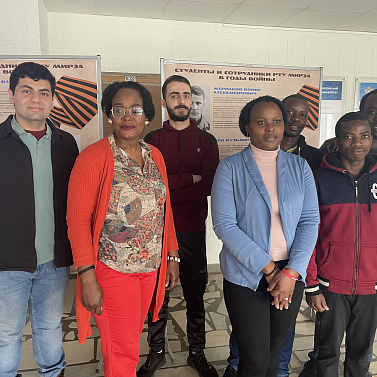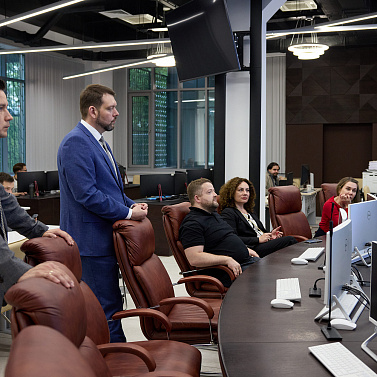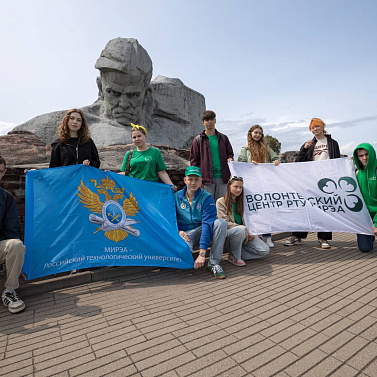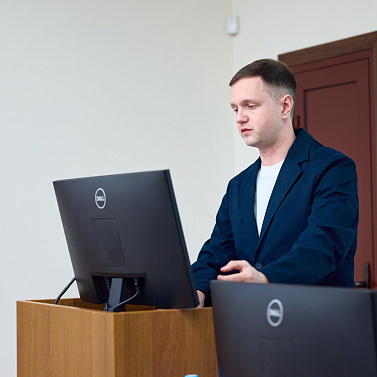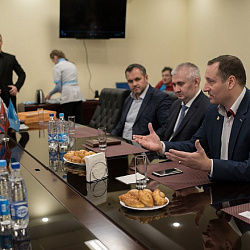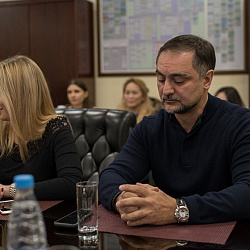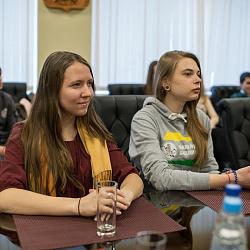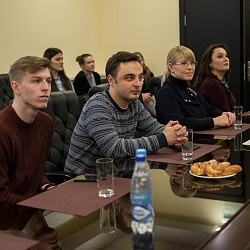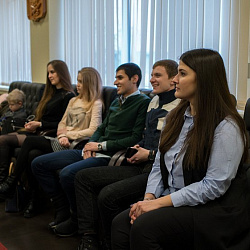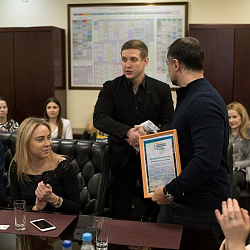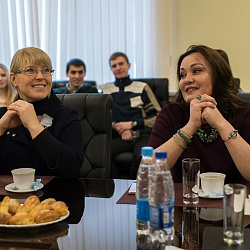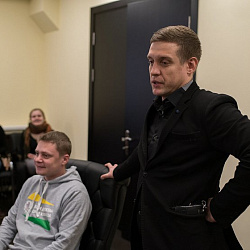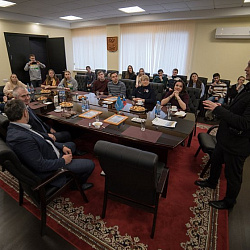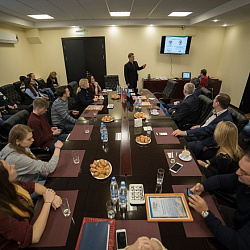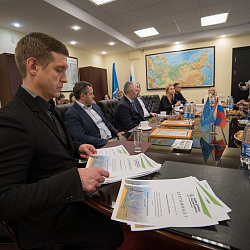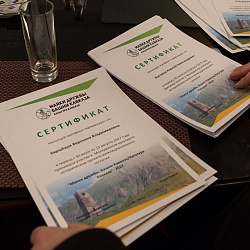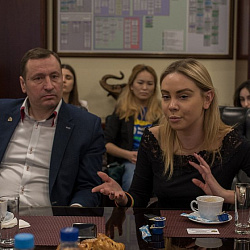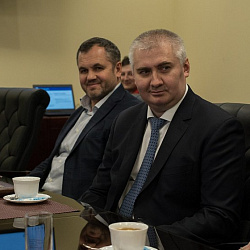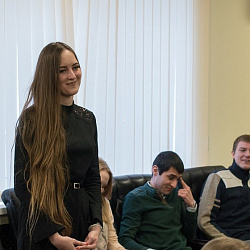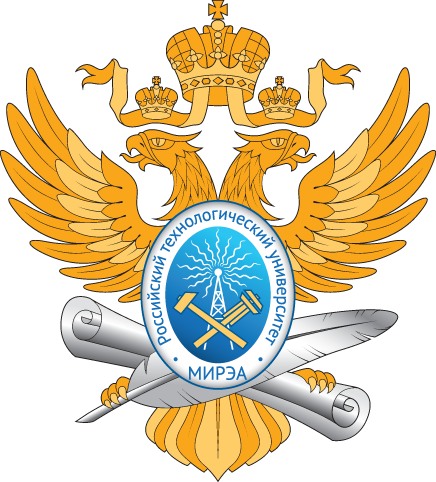Organizational meeting of project "Beacons of Friendship. Towers of Caucasus"
19.02.2018
On February 16, active participants and the project management, representatives of the Agency for Nationalities of the Russian Federation gathered at Moscow Technological University to discuss the further development strategy, to approve the work of volunteers and organizers with memorable letters and to share the first results of the work. The event was opened by Ruslan Gusarov, project manager, noting the comprehensive support of the management of Moscow Technological University at all stages of its activities.
Rector Stanislav A. Kudzh noted: "Students of different nations study at Moscow Technological University in accord and mutual understanding, and our University has always been known for its friendliness. We have always supported and in the future we are ready to support this wonderful cultural and historical project, which strengthens interethnic relations. "
The project "Beacons of Friendship. Russia brings together" conceived by the organizers as a continuation of the program" Beacons of Friendship. Towers of the Caucasus ", implemented in 2016, now received support from the Presidential Grants Fund.
In 2018 the project includes the stages of the "Towers of the Caucasus" and "Volga - the River of Cooperation". According to the idea of the organizers, one of the stages will be held on the territory of Ulyanovsk, Samara, Volgograd, Astrakhan regions, as well as Tatarstan, Chuvashia and Kalmykia. Volunteers will carry out the improvement of cultural and historical objects. The project "Beacons of Friendship" was launched in 2016 in order to strengthen interethnic interaction, development and popularization of domestic tourism. During the summer holidays, 40 students from Moscow universities were sent to the Caucasus to take part in a two-week "outreach" for the preservation and restoration of Caucasian monuments of history and culture, together with their peers from local regions (80 in total): famous signal, combat and residential towers and fortresses. Volunteers not only worked, communicated, learned culture, but also kept diaries, a living chronicle of the project.
Rector Stanislav A. Kudzh noted: "Students of different nations study at Moscow Technological University in accord and mutual understanding, and our University has always been known for its friendliness. We have always supported and in the future we are ready to support this wonderful cultural and historical project, which strengthens interethnic relations. "
The project "Beacons of Friendship. Russia brings together" conceived by the organizers as a continuation of the program" Beacons of Friendship. Towers of the Caucasus ", implemented in 2016, now received support from the Presidential Grants Fund.
In 2018 the project includes the stages of the "Towers of the Caucasus" and "Volga - the River of Cooperation". According to the idea of the organizers, one of the stages will be held on the territory of Ulyanovsk, Samara, Volgograd, Astrakhan regions, as well as Tatarstan, Chuvashia and Kalmykia. Volunteers will carry out the improvement of cultural and historical objects. The project "Beacons of Friendship" was launched in 2016 in order to strengthen interethnic interaction, development and popularization of domestic tourism. During the summer holidays, 40 students from Moscow universities were sent to the Caucasus to take part in a two-week "outreach" for the preservation and restoration of Caucasian monuments of history and culture, together with their peers from local regions (80 in total): famous signal, combat and residential towers and fortresses. Volunteers not only worked, communicated, learned culture, but also kept diaries, a living chronicle of the project.
More news
